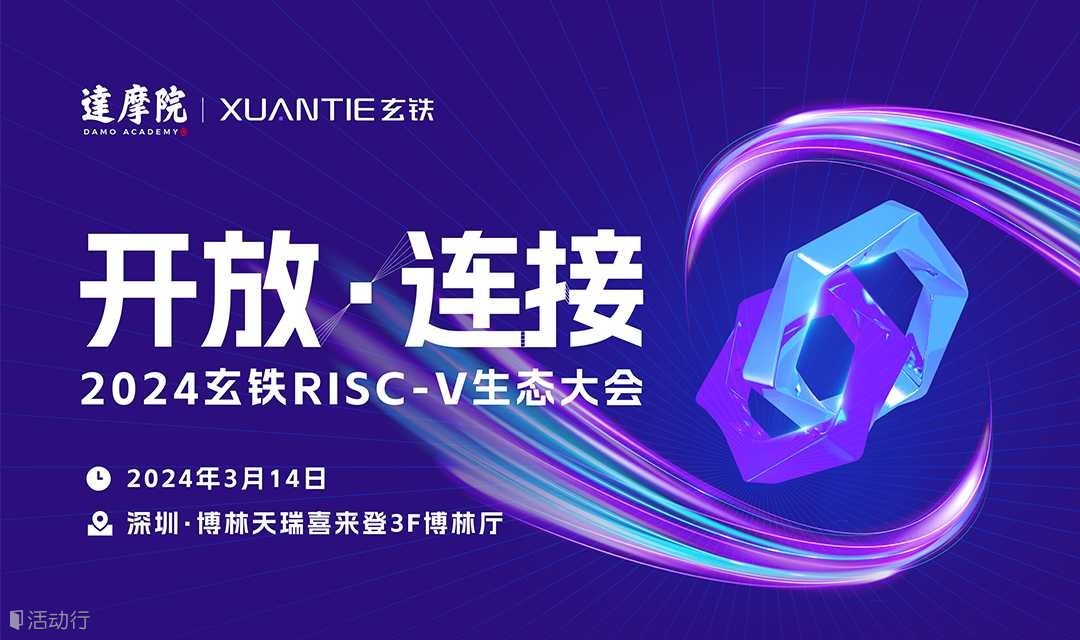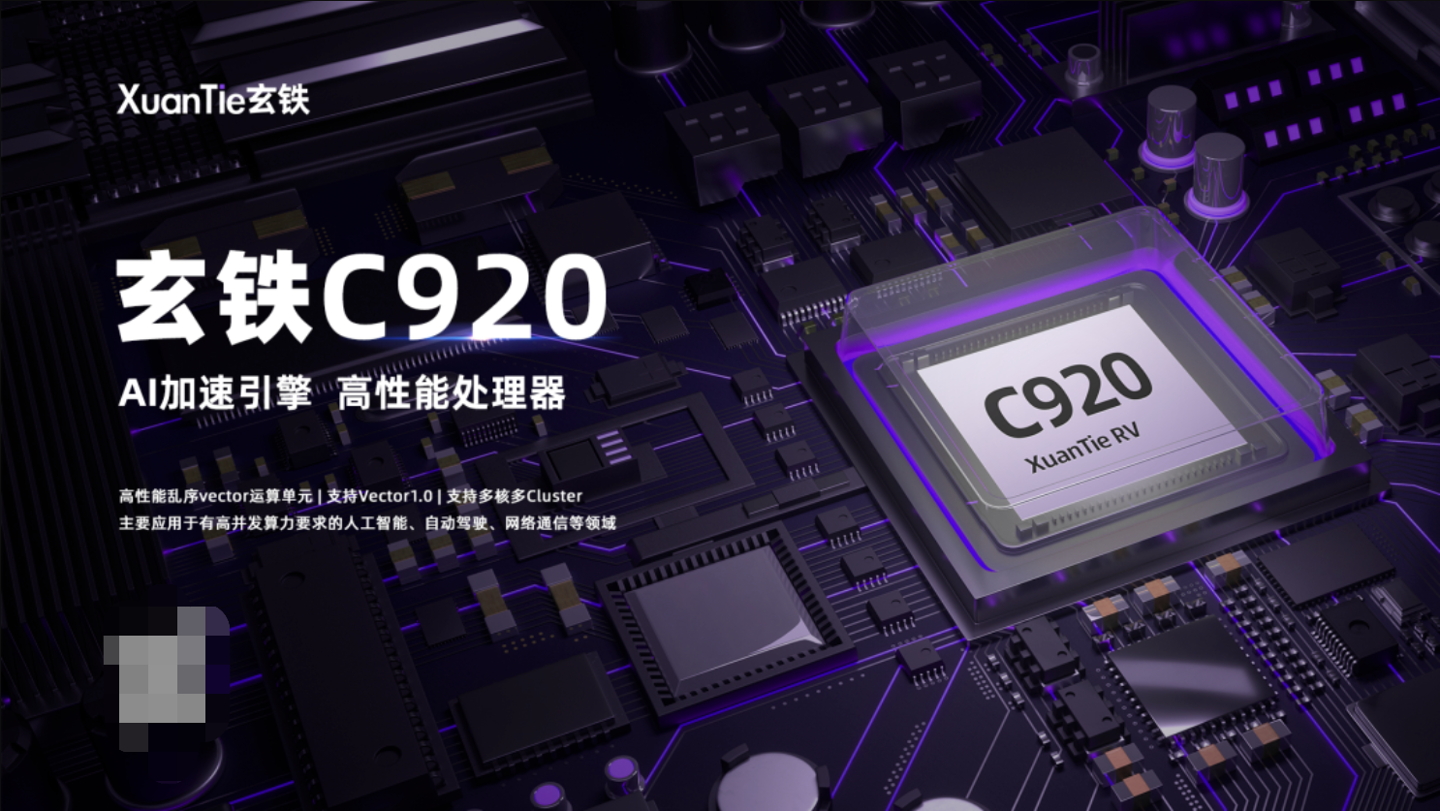
According to news from this site on March 14, at the 2024 Xuantie RISC-V Ecological Conference held today, DAMO Academy announced the upgrade of multiple Xuantie processors:
Xuantie C907 for the first time Implementing matrix operation (Matrix) expansion will provide more options for future AI accelerated computing and will be integrated into other Xuantie processors; The next generation flagship processor C930 will also be launched within the year.
In addition, The first RISC-V-based Android device will also be commercialized on a large scale in 2024. At present, international and domestic mainstream operating systems have completed full adaptation to RISC-V, including Android, Linux, OpenHarmony, Debian, Fedora, Gentoo, Ubuntu, Dragon Lizard, Tongxin, openKylin, Skyworth Kukai system, RTT and other operations system.

Ni Guangnan, an academician of the Chinese Academy of Engineering, said that integrating RISC-V, extended instruction sets, DSA, chiplets and interconnection technologies to develop new DSA servers based on RISC-V architecture is Opportunities in China, it is possible to replace the X86 server.
Zhang Jianfeng, Dean of DAMO Academy, pointed out in his speech that the RISC-V open source instruction set architecture has developed rapidly, with an average annual growth rate of more than 40% in the mainstream market, and accounting for more than 30% of mainstream applications, it took 10 years to complete Arm’s 30-year history.
According to previous reports on this site, Xuantie C920 flagship processor will be released in November 2023, meeting the Vector1.0 standard; the official also launched C907 and real-time processor R910 that implement AI matrix expansion.


The above is the detailed content of The first RISC-V Android device will be commercialized on a large scale this year, and the Xuantie C930 flagship processor will be released within the year. For more information, please follow other related articles on the PHP Chinese website!




